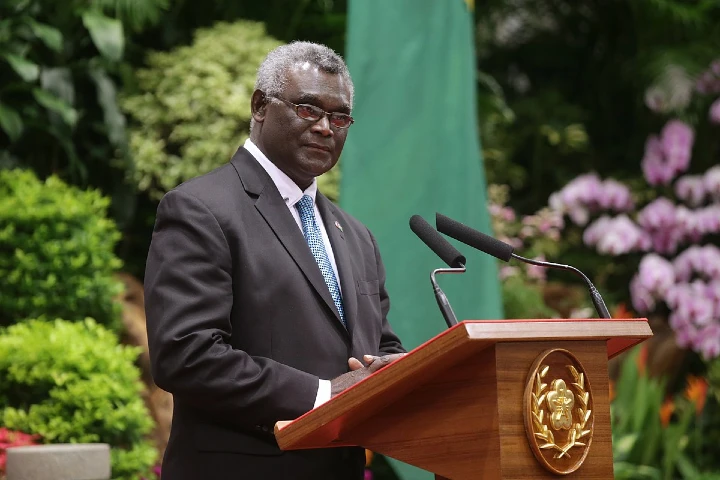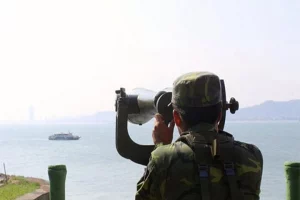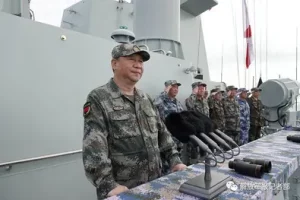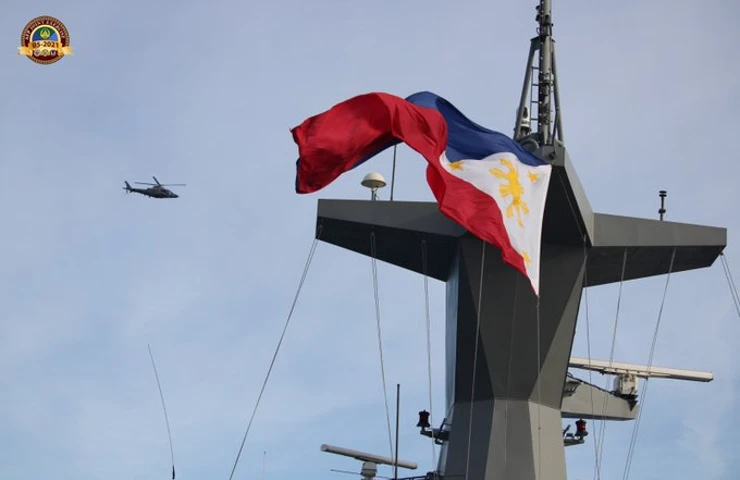A draft security agreement between China and the Solomon Islands has set the next stage of wrangling between the West and the communist country. The secret deal raised fears that China will build a military base and deploy troops in the Solomon Islands–a nation with just 7,00,000, people.
The recently-leaked security agreement created ripples in the Pacific with fears that a secret pact between China and the Solomon Islands would upset the security balance in a region dotted with small island nations and dominated by Australia and New Zealand.
Solomon Islands pressing ahead with its security pact with China. The Government has issued a statement saying Chinese and and SI officials have now "initialed" the agreement. It will then be "cleaned up" before being signed by both Foreign Ministers (no indication when, exactly) pic.twitter.com/HG4ABYlazh
— Stephen Dziedzic (@stephendziedzic) March 31, 2022
In fast-paced developments taking place in the region, Micronesia has urged Solomon Islands to reconsider the security deal. Australian broadcaster ABC News quoted Micronesia President David Panuelo as saying: "The US and China are increasingly at odds with one another. This presents an issue because the Federated States of Micronesia is a friend to the people and government of China, but we are also a sincere friend, even an ally, of the people and government of the United States of America".
In Solomon Islands capital, Honiara, Prime Minister Manasseh Sogavare, however, says that he finds the backlash to his deal with China rather insulting. Waving aside all concerns and criticism, he plans to sign the security pact with Beijing.
Breaking – Solomon Islands government issues a statement on the contentious draft security agreement it's negotiating with China. No sign of a back-down: "broadening partnerships is needed to improve the quality of lives of our people and address soft and hard security threats" pic.twitter.com/RJU2bcThdl
— Stephen Dziedzic (@stephendziedzic) March 25, 2022
Commenting on the agreement earlier this week, New Zealand Prime Minister Jacinda Ardern described the developments as "gravely concerning". She told Radio NZ: "We see such acts as the potential militarisation of the region and also see very little reason in terms of the Pacific security for such a need and such a presence".
Australian Prime Minister Scott Morrison shared similar sentiments about the China-Solomon Islands deal. Australia feels that China is targeting Australia.
A concerned Morrison said the agreement is of "great concern" and rang up neighbours–Fiji, Papua New guinea and New Zealand to persuade them to speak with Solomon Islands Prime Minister Manasseh Sogavare regarding the deal.
The controversy has erupted at a time when the island nation still has peacekeepers from New Zealand and Australia who had been rushed in November to prevent rioting against Prime Minister Sogavare.
Solomon Islands' neighbours including Fiji had to send their police and security forces after days of rioting and arson in November 2021 after the pro-China Sogavare decided to shift allegiance from Taiwan to China. People rioted on hearing about the decision and attacked the personal and official property of Sogavare.
Earlier, the US and China had entered into a competition over the laying of cables in the Pacific island of Nauru. The island had approved a bid from China company HMN Tech to lay an undersea communications network through a World Bank-led cable tender project for boosting communications in the Pacific region. However, it later changed its plan and sought support of the Asian Development Bank (ADB) in laying the cables to link Nauru to the Solomon Islands, Australia and Papua New Guinea.

















